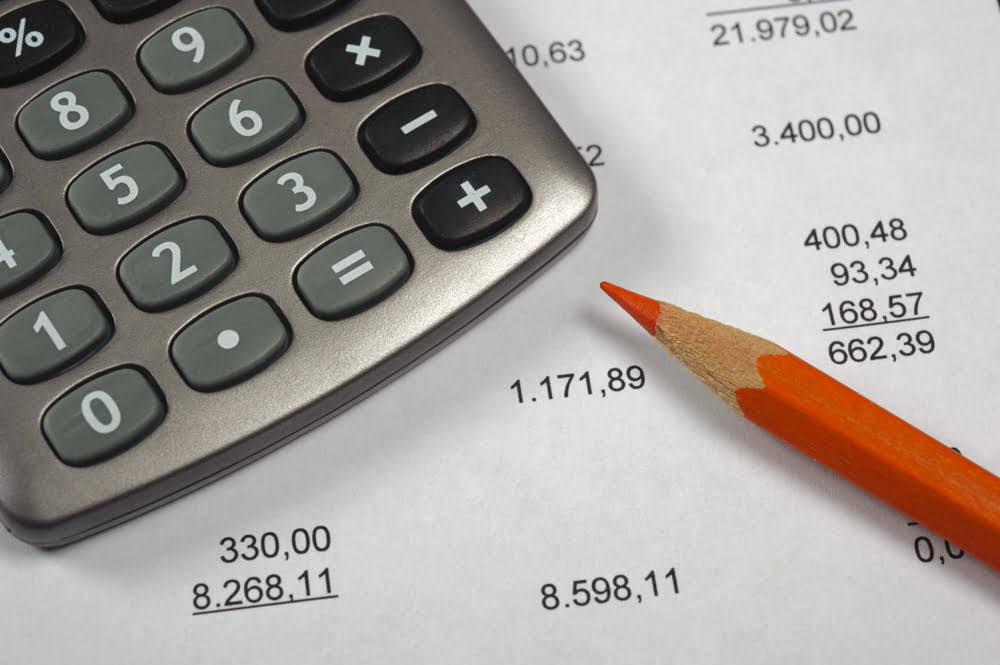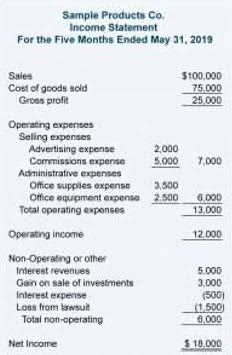
Certified checks often won’t expire but outstanding checks may be subject to unclaimed property laws. Meanwhile, government checks (such as for a tax refund) expire a year after they’re issued. Recipients can usually request that expired government checks be reissued.
- Some banks may cash the stale check for a fee or under certain conditions.
- Outstanding checks are an important component of your financial records, as they directly impact your account balance.
- In fact, in most jurisdictions, an issued check will still be deposited by banks up to six months after the issue date.
- Additionally, outstanding checks can affect your budgeting and financial planning.
- Of course, it’s best practice to deposit a check as soon as you receive it, which is why most checks include language encouraging a timely deposit.
Navigating Crypto Frontiers: Understanding Market Capitalization as the North Star

If you write a check and the money never leaves your account, you may develop the false belief you can spend those funds, but the money still belongs to the payee. If the payee finally deposits the check after months of delay, you risk overdrawing your account and bouncing the check. Because the check written for a payee has not yet been presented to the bank for clearance, the company’s funds will reflect a deduction, but the bank balance will remain unchanged. As a result, the company’s bank balance will show a more excellent balance than its actual amount of cash in hand. In U.S. accounting textbooks, every check that has not been cleared is termed an outstanding check. This is because the bank still needs to clear it on the payer’s end, as it is yet to be presented, and the status of its clearance remains uncertain.
Difference Between Outstanding Checks & Outstanding Deposits

Proactive measures are the most effective way to mitigate the challenges posed by outstanding checks. Instituting a policy of regular communication with payees can preempt issues of checks remaining uncashed. This could involve sending reminders or confirmations upon check issuance, which not only prompts timely cashing but also verifies that the check has reached the intended recipient. Additionally, embracing electronic payments where possible can significantly reduce the incidence of outstanding checks.
- An outstanding check is a check payment that has been recorded by the issuing entity, but which has not yet cleared its bank account as a deduction from its cash balance.
- An outstanding check refers to a check that has already been issued to the recipient.
- The replacement check for $124 should be credited to the company’s general ledger Cash account and also debited to the same Cash account since the original check is being eliminated.
- Also, always maintain in communication with payees about payments not fully processed.
- They may face delays or degradation if not delivered on time and, hence, must ensure that the payor or check issuer keeps the amount available for clearing the yet-to-be-presented check at the bank.
- Additionally, if you believe the overpayment was not your fault, you can appeal to receive a waiver for the debt.
- The main difference between outstanding checks and outstanding deposits is that a check takes money from your bank account while a deposit puts money into your bank account.
Should You Write Another Check?

The check may also be delayed if the issuing entity puts off mailing the check for any reason. Before diving in any further, if this is your first time visiting GlobalBanks, don’t forget to download your FREE US Banking Starter Guide. It’s designed to help non-residents with opening bank accounts at top financial institutions retained earnings balance sheet in the US. For the past 52 years, Harold Averkamp (CPA, MBA) hasworked as an accounting supervisor, manager, consultant, university instructor, and innovator in teaching accounting online. For the past 52 years, Harold Averkamp (CPA, MBA) has worked as an accounting supervisor, manager, consultant, university instructor, and innovator in teaching accounting online. Fortunately, banks don’t have a legal obligation to honor checks written more than six months in the past.
Advance Your Accounting and Bookkeeping Career
- Please arrange for payment at your earliest convenience or contact us if you need to discuss payment arrangements.
- Stay proactive in tracking and reconciling your accounts, communicate with recipients, and leverage the benefits of online banking tools.
- Accounting inconsistencies may arise if outstanding checks are not reported and tracked in the appropriate manner.
- Checks over 6 months old are called “stale checks.” Issuers may be caught off guard if a bank honors a stale check, while recipients may miss out on their payment if the bank chooses not to.
Please review the attached Bookkeeping for Painters document and process the payment at your earliest convenience. We kindly request that you address this matter immediately to avoid any service interruptions. If there are any issues or if you need assistance, please contact us without delay. Last month, several bipartisan measures targeting taxpayer refunds, rights, and protections moved one step further on Capitol Hill.


First, let’s start with a clear explanation of what outstanding checks actually are. When you write a check to make a payment, it takes time for the recipient to deposit and process the funds. During this processing period, the check is considered an outstanding check.




